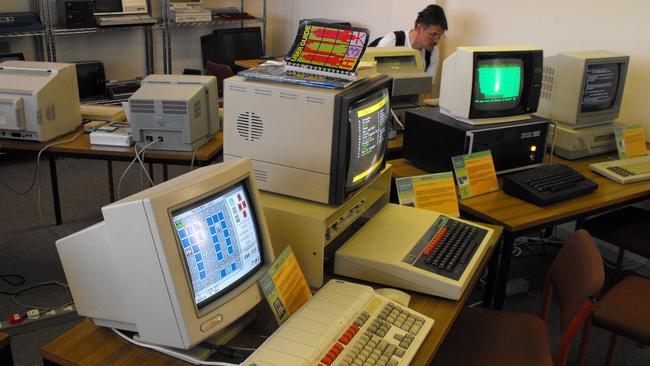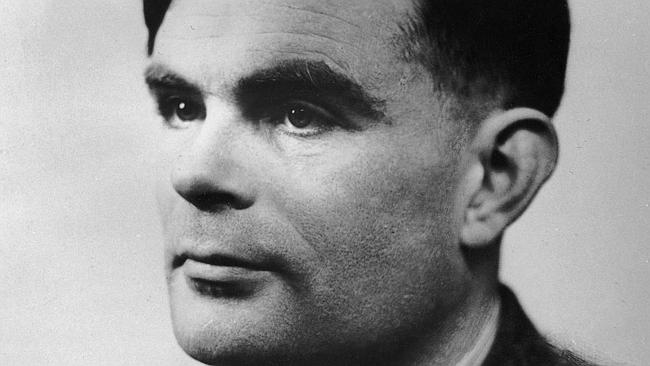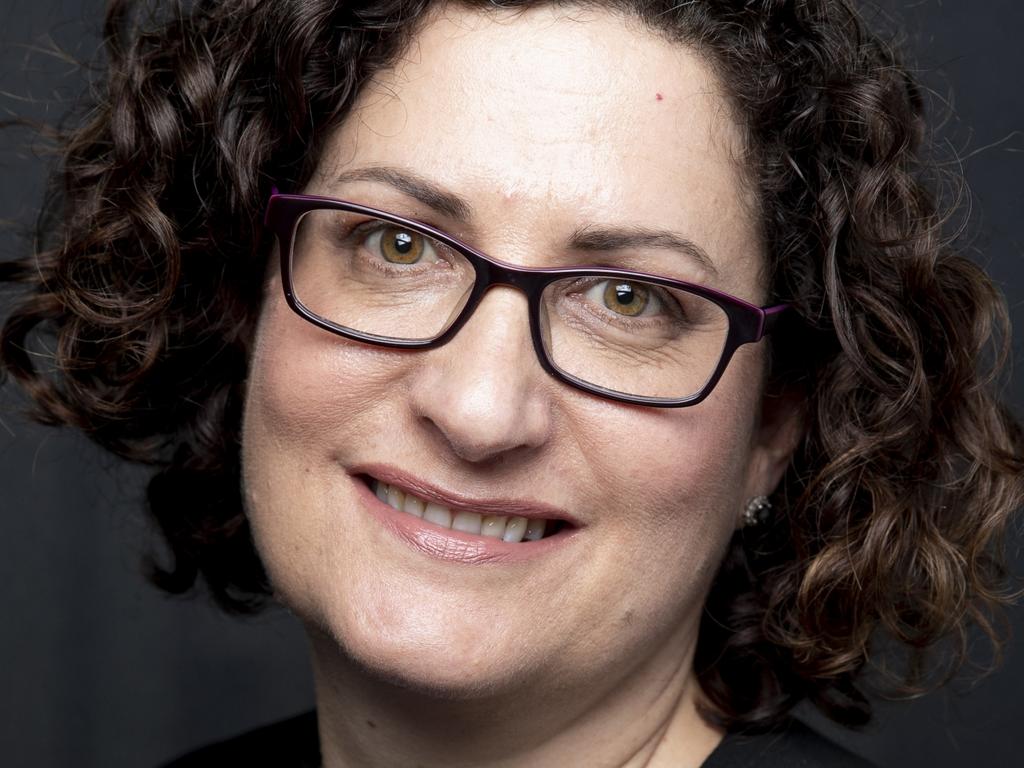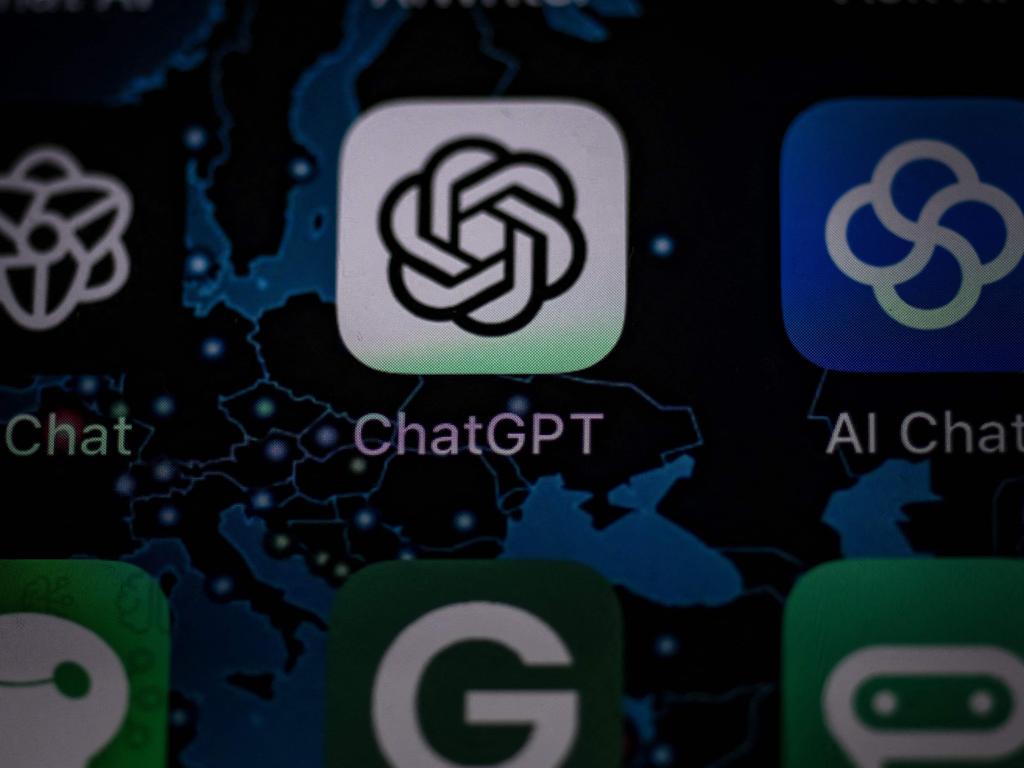AI risks on agenda of urgent global summit at Bletchley Park
Around 100 international politicians and executives, including from Australia, will seek to establish a framework around AI at the historic Bletchley Park.

The British government has selected the historic Bletchley Park – the home of World War II code breakers – to host Australian leaders in a global summit on safety around Artificial Intelligence.
Around 100 international politicians and executives including developers, civil society and governments, will seek to establish a framework around A1 to provide some reassurance to the world about this scary future where machines can out-think the human race.
The summit, on November 1 and 2, will take place at the former top secret Buckinghamshire location of the Government Code and Cypher School (GC&CS, now known as GCHQ), where pioneer mathematician and Enigma code-breaker Alan Turing worked alongside other codebreakers and future AI academics Jack Good and Donald Michie, and the computer theorist Max Newman.
It was Bletchley Park where the top secret war work involved the first mass data collection, albeit on handwritten cards sized 6 x 4 inches (15 x 10cm), detailing intelligence information.
British Prime Minister Rishi Sunak, who wants to promote innovation and technological advancements, is keen on establishing a framework around “frontier A1” involving the biggest risks around the latest developments.

That Britain is hosting the two day summit is significant in that it positions the country as a concerned global citizen wanting to bring together those that are significantly invested in AI: such as China and the United States to discuss the biggest issues in addition to the AI platforms being discussed at G7, and the UN levels.
Bio security and cyber threats are top of the British agenda, but with such a fluid dynamic around AI, perhaps the machines themselves can tell us what the leaders should be discussing.
This question was indeed posed at a briefing at Bletchley Park yesterday, and no one in attendance laughed.
Yet something that AI cannot yet replicate: human interaction and royal star power, is being used to help give the summit a hefty prestige boost. King Charles is to host a reception for the invited guests.
Deputy Prime Minister Oliver Dowden told the United Nations last week that AI is the biggest transformation the world has known and demands that leaders are “clear-eyed” about the implications and potential of the technology.
“Our task as governments is to understand it, grasp it and see to govern it and we must do so at the great speed,’’ he said.
He says that this technology is like no other in the sense that developers themselves don’t know how the AI will progress.
“The principal (of harm) will therefore come from misuse, misadventure or misalignment with human objectives,” he warned, especially where “individual companies as well as countries will strive to push the boundaries as far and fast as possible’’.
Last week in Spain as many as 30 schoolgirls aged between 11 and 17 were victims of deep fake images that were created using AI. The photographs superimposed the faces of the girls with naked bodies and the girls were then blackmailed to provide money to stop the images being circulated.
Mr Dowden said the boundaries of AI were unknown, from teens hacking individual bank details, to terrorists targeting government systems, cyber criminals duping voters with deep fakes and bots, and rogue states suppressing their peoples.
“We cannot afford to become trapped in debates about whether AI is a tool for good or a tool for ill, it will be a tool for both and we must prepare for both and insure against the latter,’’ he said.








To join the conversation, please log in. Don't have an account? Register
Join the conversation, you are commenting as Logout